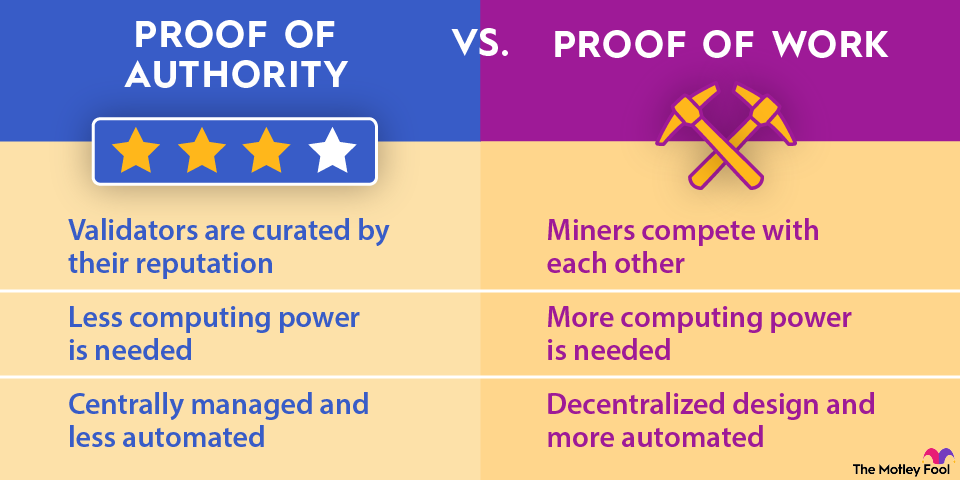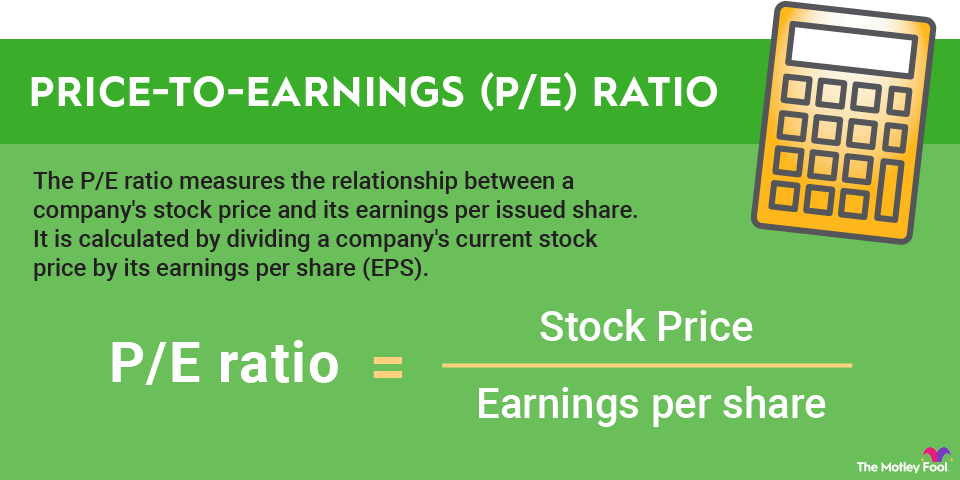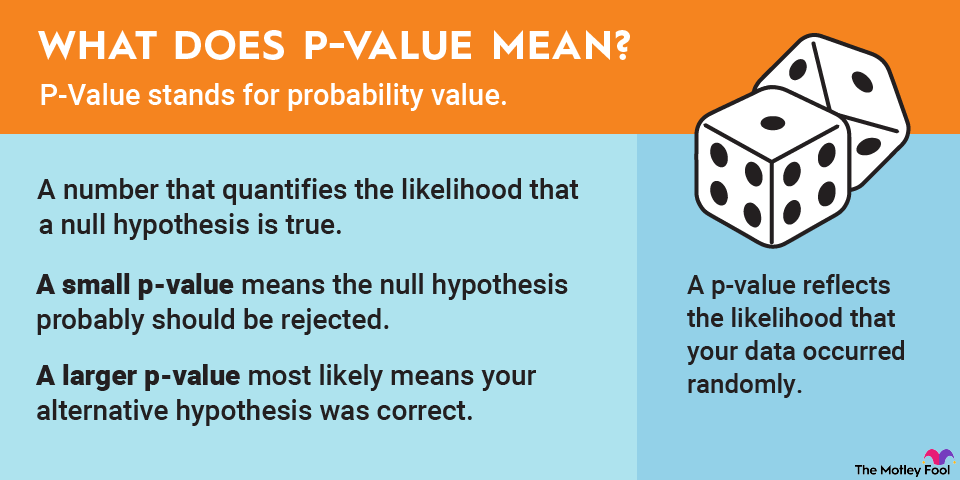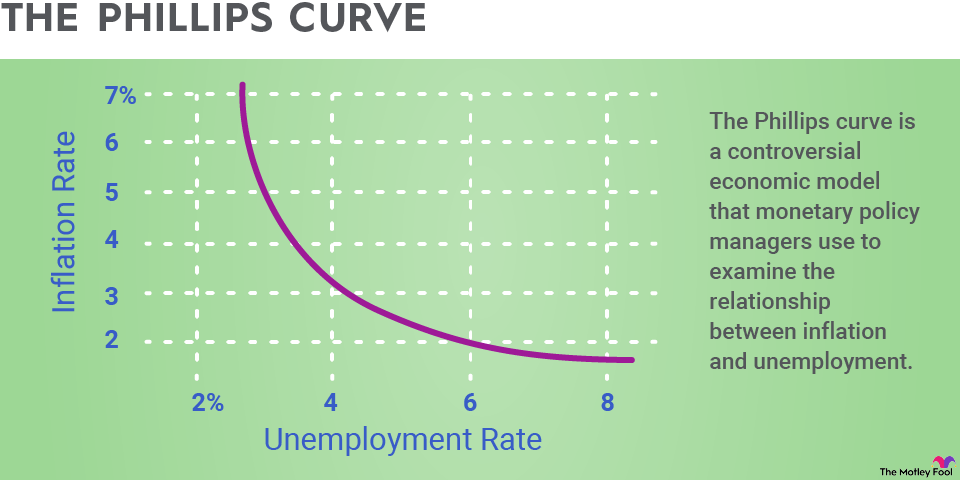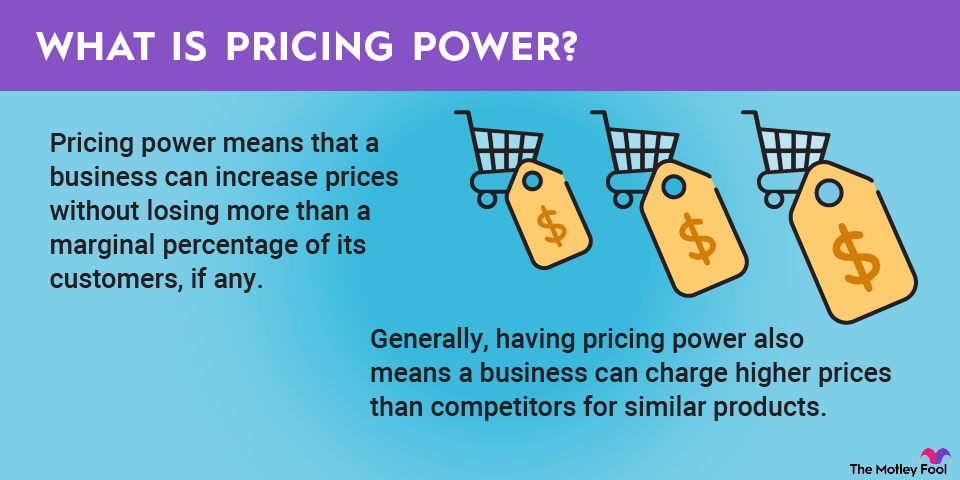How proof of authority works
Let’s take the VeChain (VET -4.71%) smart contract platform as an example.
VeChain’s proof-of-authority process starts with a list of 101 so-called authority masternode operators selected and audited by VeChain’s central steering committee. The committee itself is elected by the VeChain community.
Each masternode operator must pass a rigorous verification and auditing process involving accounting services giants PricewaterhouseCoopers and DNV. The operator also has to contribute to VeChain’s growth in some way as an active developer, a well-known opinion leader, or a company with interests in the cryptocurrency space.
The masternode operator is not a specific computer. Each operator may run several nodes under the same identity to boost the redundancy and capacity of the validation network.
New blocks are added to VeChain’s blockchain ledger by pushing new data to the masternodes and waiting for a majority of the sample nodes to validate and approve the new block. The small group of selected masternodes can reach consensus very quickly, and new blocks are generated approximately every 10 seconds.
Other PoA networks are run along similar lines, although each individual network has its own quirks.
